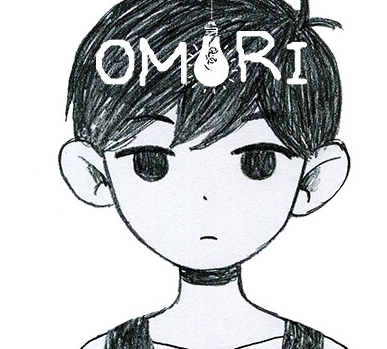
🏰RPG
RPG Games in the browser focus on building a character, making choices, and progressing through quests and encounters without leaving the web. The core idea is consistent across formats: you start with limited options, earn resources through play, and use those resources to unlock skills, gear, and story branches. Sessions can be short or extended; progress systems encourage returning to refine a build or complete longer goals. Combat may be turn-based or real-time, but both styles rely on readable states, timing, and trade-offs. The category supports solo play and, in many cases, optional cooperation or competition.
-

OMORI
-
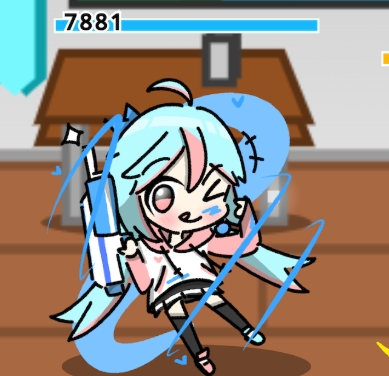
Average Routine
-
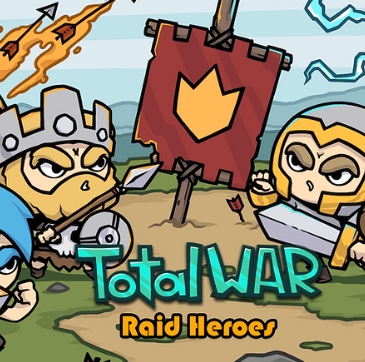
Raid Heroes: Total War
-
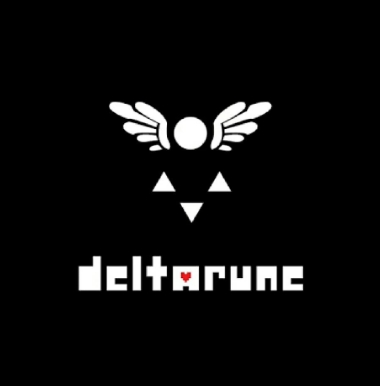
Deltarune
-

Grotesqueresque
-
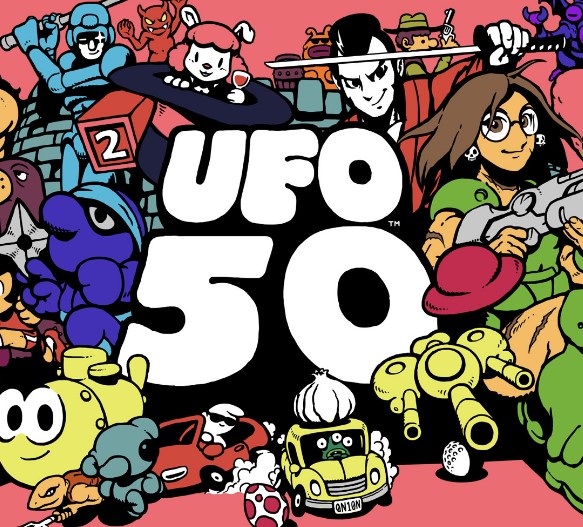
UFO 50
-
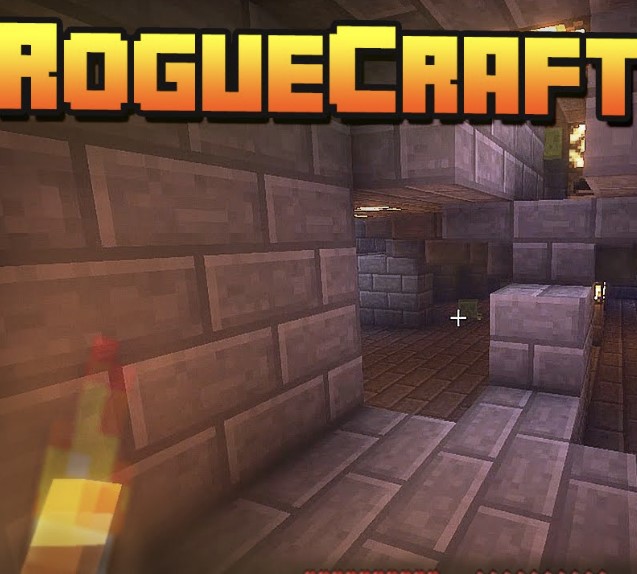
Roguecraft
-

Dragon Ball Z : Buu’s Fury
-

Pokemon FireRed
-
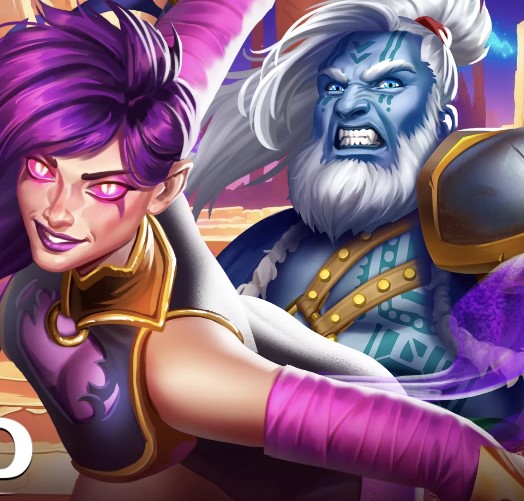
Warlord: Fantasy RPG
-

Pixel Knights : Idle RPG
Character Progression
Character growth is the anchor of the genre. A typical run begins with a simple kit and expands into roles defined by stats, skills, and equipment. Allocation choices—damage, defense, utility, or hybrid—shape how you approach encounters. Equipment and crafting extend those choices, adding small adjustments that stack into a clear identity. Respecting limitations is part of the loop: resources are finite, so you learn when to invest, when to save, and when to respec.
Systems and Loops
Most browser RPGs are built around repeatable loops that convert playtime into advancement. Exploration and questing supply currency and materials; encounters test whether your current build is ready for the next step. Clear interfaces and lightweight menus help you compare options and plan the next upgrade. Common elements include:
- Quests and objectives that gate resources and story beats
- Turn-based or real-time combat with readable timing windows
- Skill trees or loadouts that define a role in a party or solo run
- Crafting, gathering, or trading that feed equipment progress
- Difficulty steps or zones that signal when to optimize a build
These pieces support steady iteration: try a route, measure the result, and adjust the build for the next attempt.
Social and Replay
Many titles add optional social layers—co-op rooms, parties, or shared hubs—so players can test strategies together or split roles across encounters. Even in solo formats, replay value comes from alternative paths, challenge modifiers, or seasonal resets that push new experiments with the same rules. Clear matchmaking, simple party tools, and visible team roles allow quick setup without heavy coordination. When social features are absent, leaderboards or time trials can still provide goals beyond the main path.
Optimization is part of the appeal. Browser RPGs reward small improvements: a timing change in combat, a revised rotation, or a better resource route can shift an encounter from unstable to reliable. Over time, you internalize the numbers behind a build and learn to read encounters before they unfold. The genre suits players who like planning, testing, and refining in manageable steps, with progress preserved across sessions and enough structure to make each return feel purposeful.
